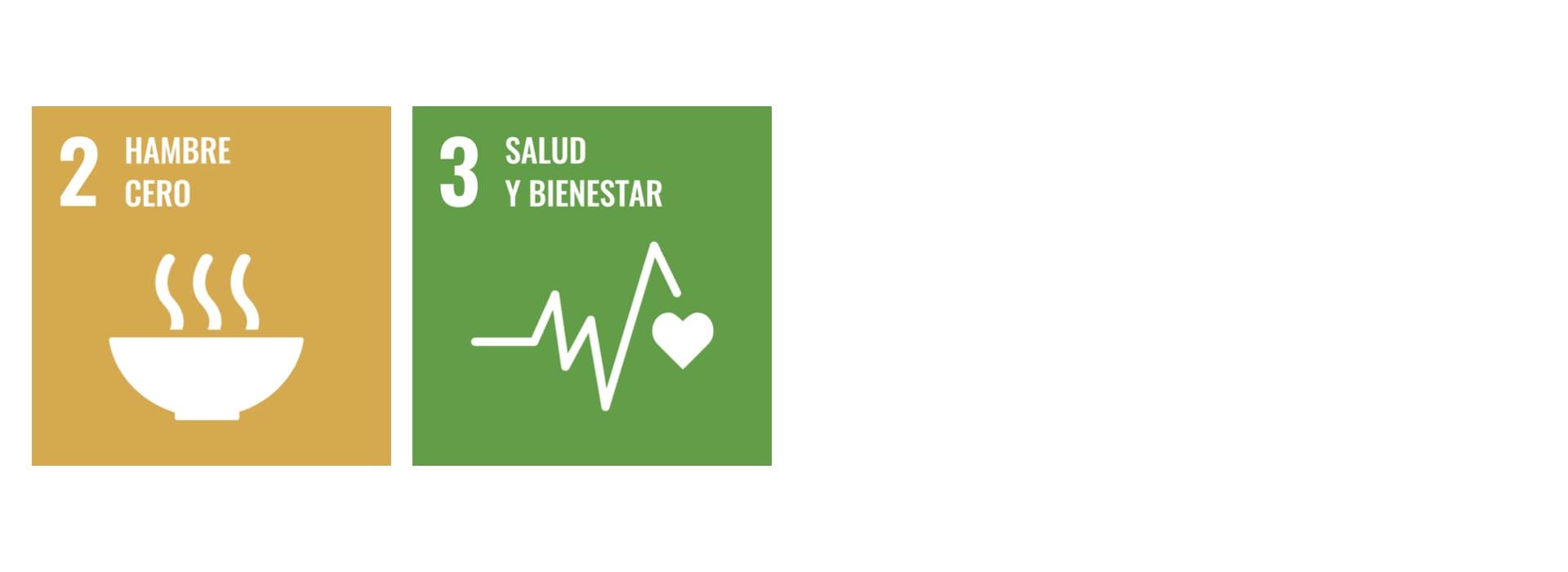Modify the environment to reverse excess body fat
16 Noviembre - 2021
Llorenç Bagur, Dean at UPF Barcelona School of Management
Xavier Sobrepere, Professor at UPF Barcelona School of Management
According to the last Health report published by the Generalitat de Catalunya, 39.6% of boys and 32.3% of girls from 6 to 12 years old are overweight. This figure is alarmingly high and follows a growing trend, both in children and in the adult population. Being overweight is a very relevant factor in the development of metabolic diseases such as cardiovascular diseases, diabetes, cancer, polycystic ovaries, erectile dysfunction or Alzheimer's, among many others.
Therefore, solving the growing problem of excess body fat in the population has to be a priority. The knowledge we have about decision making can be very useful to solve the problem. Specifically, we propose that, since humans have a very specific way of making nutrition decisions, by intelligently manipulating our environment we can facilitate adequate caloric intake, and therefore reverse excess body fat.
Heuristics
Heuristics are simple tools to make decisions based on little data and, therefore, ignore much of the information available. Heuristics are often assumed to be a deviation from the natural way of making decisions, and a poor tool. So much so that in 2002 the committee for the Nobel Prize in economics awarded psychologist Daniel Kanheman for showing that "human judgment uses heuristic shortcuts that systematically deviate from the basic principles of probability."
Heuristics are the natural way to make decisions and are often more accurate than more sophisticated models.
Fortunately, both assumptions are wrong. Heuristics are the natural way to make decisions and are often more accurate than more sophisticated models. Despite the fact that it is true that heuristics, by dispensing with part of the information, have less capacity to model patterns and suffer from bias error; more sophisticated models that try to reduce bias are based on data that suffer a lot of variability and therefore the predictions fail due to excess variability.
Many of the heuristics that we unconsciously use on a daily basis are the result of thousands of years of natural selection. This is the position taken by the field of Rational Ecology. If we have unconscious heuristics that have lasted to this day, it must be because they have provided a survival advantage as a species (Mousavi Gigerenzer, 2014) in the environment where they were selected. Now, to be useful, the heuristics need to match the environment where they have been selected.
Heuristics and obesity
It is interesting that outside the modern world obesity is non-existent. In the savannah there are no obese animals. In contrast, in cities, our cats, dogs, and even sewer rats have excess body fat. Similarly, the few remaining humans in nomadic tribes have excellent body composition and very good nutritional status, and this is in contrast to what we observe in humans living in the modern world, including some with master's degrees in nutrition.
The current food supply is a trap that leads to obesity. The sale of obesogenic products must be shifted to the tobacconist or to other specific establishments
How do we make decisions to choose what we eat and why can the environment be so determining? Professors Raubenheimer and Simpson (et al., 2015) have studied precisely this for decades. Essentially, both humans and most animals follow a heuristic that we will call the “fixed protein” heuristic: we look for a fixed amount of protein per day. If food in our environment has a high percentage of protein ( animal origin food, for example), we will eat very little calories because we quickly get this amount of protein; On the contrary, if food in our environment has a reduced percentage of protein (most of them ultra-processed, for example), we will ingest a lot of calories because it will take a large intake to achieve the protein goal. This heuristic is complemented by a limit on the daily volume ingested. That is, if we eat food with a high volume, but with little protein (fruit, for example), it is possible that we sacrifice part of the daily protein goal so as not to ingest a volumetric excess of food.
Implications
At the individual level: modify our environment to match our heuristics . That is, buy mainly food from animal origin (high percentage of protein) and fruits and vegetables (high volume per unit of calorie), and eat them intuitively without having to calculate anything.
At the collective level: it is important to regulate to modify the food environment so that it fits with the heuristics that determine how we eat. It is not acceptable for low protein foods to dominate our supermarkets. The current food supply is a trap that leads to obesity . The sale of obesogenic products must be displaced to the tobacconist or to other specific establishments, and aggressively price to differentiate them from what is really nutrition. The problem of excess body fat is not due to the lack of knowledge on the part of each individual, nor to the lack of good purposes. The problem is in the environment and we have to regulate it accordingly.

